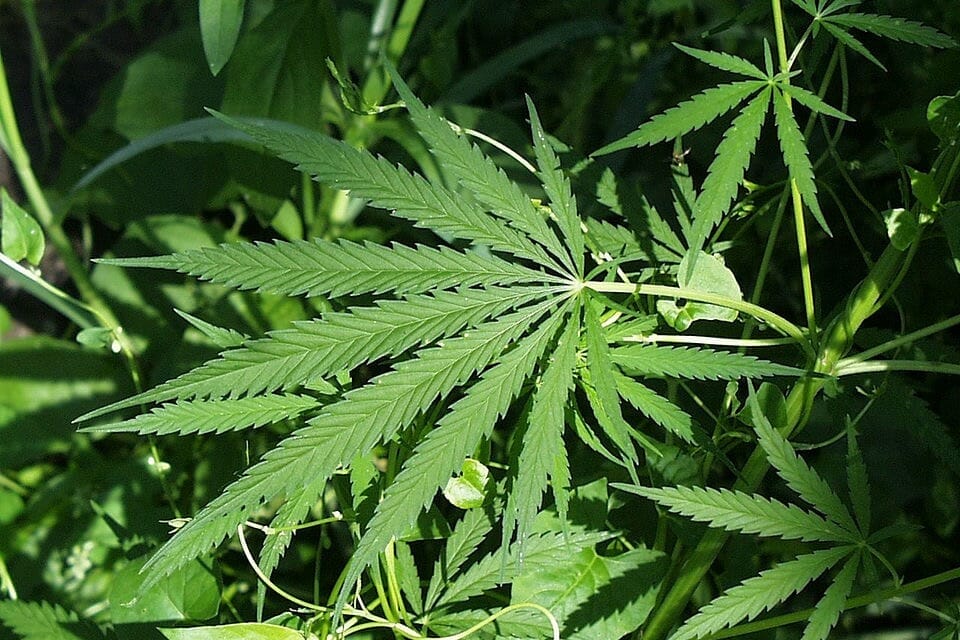With memberships and revenues declining some US clubs are looking at legalised marijuana cultivation as the answer.
From Ben Johnson to Lance Armstrong, and Michelle Smith to Gerbrandt Grobler, sport has faced an ongoing battle against illegal substances both at home and on the world stage. Golf however, for the most part, has remained relatively unscathed by the dark arts of sports science. The prevalence of technique over athleticism suggests that, at worst, golfers using illegal performance enhancing substances will be a minor rather than a major issue.
Legal substances, however, could pose a greater threat, and we’re not talking about aspirin here.
The legalisation of marijuana – be it for medicinal or recreational use – is spreading across the United States. At present, only Idaho, South Dakota, Kansas and Nebraska prohibit marijuana use for any reason. Medicinal regulation varies from state to state, but there are currently nine states where you can legally buy and consume cannabis without needing a doctor’s approval.
So what does this have to do with golf?
Well, golf clubs and courses typically cover large areas of land, and as with any business, these must be sustainable. With golfing numbers dropping year by year, more and more clubs are struggling to keep the fairways open.
With marijuana, on the other hand, business is booming. Worth roughly $1.4 billion in 2013, by 2017 the industry was worth $10 billion. With legality comes taxation, and more and more states are enviously eyeing the coffers of states like Colorado who’ve taken in more than $500 million in cannabis taxation since recreational legalisation at the start of 2014. As a result, there is only one way the industry is going to go.
In this case, industrial growth must be met with physical growth, and this is where golf and weed might overlap. Still in its infancy, to reassign agricultural land to cannabis plantations may be met with concern and public disapproval, but golf courses that are already struggling to survive might make for prime targets.
Indeed, the first blow in the upcoming battle has already been struck. In early January of this year, the controlling interests of Southmoor Golf Club in Burton, Michigan, announced the rezoning of 37 of their 95 acres to the grow houses, processing and packaging of marijuana to cater to the supply of the States medicinal users.
From a business sense, why wouldn’t they? Memberships were in steady decline – the harsh winters reduce the season to six months in an average year – and yearlong memberships are a hard sell, as they are in most Northern states.
Reports vary, but an investment ranging from 57 to 70 million dollars has been promised to Southmoor. Where once investment in drug cultivation came from shady gangsters with quick triggers and bloody hands, it now comes from corporate CEOs with briefcases and secretaries. Gangsters were forced to hide their wealth for fear of drawing unwanted attention, but nowadays, stocks in major marijuana companies trade openly on Wall Street – ever rising.
The Baby Boomers gave way to Generation X and they in turn are giving way to the Millennials. Times change, as do pastimes. Many Baby Boomers sought the green grass of the fairways, whereas now, many Millennials seek the green grass of the dispensary.
Of course, this is far from the death knell for American golf as we know it. Augusta National won’t be trading Azaleas for Indicas in any of our lifetimes, but the lure of the nation’s most lucrative cash crop may be tough to resist for the struggling local public courses.
Southmoor may be an isolated case, or it may be the opening shots of all out warfare. Who can tell?
You know what they say? There’s no smoke without fire…
























Leave a comment